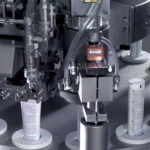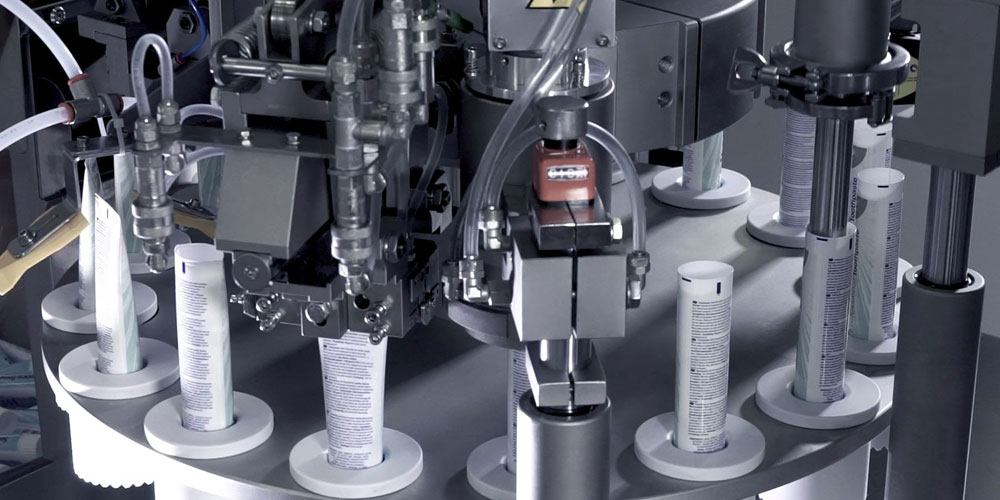
A Massachusetts biotech that has been flying under the radar since its foundation in 2021, Treeline Biosciences, has emerged with $200 million in funding for a trio of cancer drugs.
The Watertown-based company – set up by Loxo Oncology founder Josh Bilenker and Jeff Engelman, formerly head of oncology at Novartis Institutes for Biomedical Research (NIBR) – has raised an impressive $1.1 billion to date from a string of investors that includes AI Life Sciences, ARCH Venture, OrbiMed, GV, and KKR.
The startup has also revealed details of its first three clinical-stage programmes, all of which have just started phase 1, and include two developed internally and a third licensed from China’s Hengrui Pharma.
The two internal candidates are BCL6 degrader TLN-121 for lymphoma and pan-KRAS inhibitor TLN-372, with Hengrui-sourced EZH2 inhibitor TLN-254 – also being tested for lymphoma – completing the trio.
Bilenker, who is serving as chief executive of Treeline, said the aim is to create “the next great enduring biopharma company,” operating across oncology, neurological, and autoimmune diseases and with programmes spanning small molecules, degraders and glues, and antibody-drug conjugates (ADCs).
Other recent funding rounds
Enveda Biosciences has taken its tally of funding raised over the past 12 months to an impressive $300 million, after raising another $150 million in a Series D led by Indian billionaire Azim Premji’s investment vehicle Premji Invest. The company has been built around an AI-powered platform that seeks out naturally occurring compounds that can be used as drug candidates.
The new financing will help the Boulder, Colorado-based biotech complete clinical trials of its lead programme ENV-294, a small-molecule anti-inflammatory in development for atopic dermatitis and asthma with a novel mechanism of action. The drug has completed a phase 1a study and dosing has just started in a phase 1b trial. Enveda also said that it plans to start trials of other drugs in its pipeline, which include candidates for inflammatory bowel disease and obesity, over the next year.
In other news, Enveda announced that former Pfizer chief scientific officer Mikael Dolsten will join its board of directors.
St Louis, Missouri biotech Wugen has closed a $115 million round that will help it to complete an ongoing pivotal trial of its off-the-shelf CAR-T therapy, soficabtagene geleucel (WU-CART-007), in relapsed/refractory T-cell acute lymphoblastic leukaemia (T-ALL) and T-cell lymphoblastic lymphoma (T‑LBL).
The company reckons the CD7-targeted, CRISPR-edited CAR-T, which showed an overall response rate of 91% in a phase 1/2 study with 73% of patients achieving composite complete remission, could be the first approved off-the-shelf or allogeneic CAR-T for T-cell malignancies. It is aiming to file for approval in 2027 if the pivotal, phase 2 trial delivers a positive outcome.
The round was led by Fidelity Management & Research, with participation from RiverVest Venture, Lightchain Capital, Abingworth, ICG, LYZZ Capital, Tybourne Capital, Aisling Capital, and others.
UK startup CHARM Therapeutics has also been on the financing trail, raising $80 million in a Series B led by new investors NEA and SR One and backed up by OrbiMed, F-Prime, NVIDIA and Khosla Ventures.
The three-year-old specialist in AI-powered structure-based drug discovery will use the proceeds to advance its lead candidate – a menin inhibitor with potential as a treatment for acute myeloid leukaemia (AML) towards clinical testing.
CHARM said its drug could sidestep the issue of toxicity and rapid emergence of resistance mutations that have limited the safety and effectiveness of first-generation menin inhibitors. At the moment, the only drug in the class on the market is Syndax’s Revufor (revumenib), which was approved by the FDA last year for relapsed or refractory AML with a KMT2A mutation.
Finally, Belgian biotech MRM Health added €55 million ($64 million) to its coffers this week that will support a phase 2b trial of lead microbiome programme MH002 in ulcerative colitis, and help it to bring two other candidates into clinical testing.
MH002 is a live preparation of microbial species designed to restore the healthy balance of the gut microbiome in patients with inflammatory bowel disease (IBD), taking a similar approach to Vedanta, which recently reported disappointing mid-stage data with its VE202 preparation.
The round was led by French pharma Biocodex, with participation from ATHOS, BNP Paribas Fortis Private Equity, SFPIM, Ackermans & van Haaren, OMX Europe, Qbic II, and VIB.










